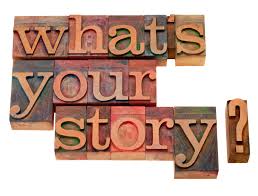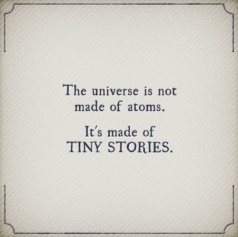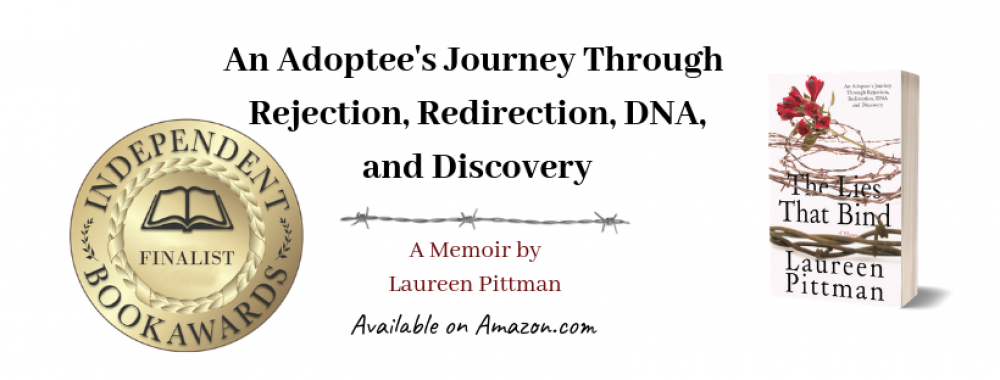
I heard this morning that the movie Lion was nominated for a Golden Globe for Best Picture, Drama. That made me happy. It’s based on the memoir written by Saroo Brierley (A Long Way Home, G.P. Putnam’s Sons; Reprint edition (June 12, 2014)), an Indian-born Australian businessman who was separated from his family as a small boy and adopted by an Australian couple. Twenty-five years (and one incredible journey) later, he reunites with his biological mother. Dev Patel plays Saroo (he’s nominated for a Golden Globe for Best Supporting Actor, as well) and Nicole Kidman plays Saroo’s adoptive mom. You can watch the trailer here. It’s pretty powerful.
I love to hear other people’s stories. I especially like to hear stories from other adoptees. Every story–every journey–is different, yet similar in many ways. The same threads are woven into nearly every adoptee story: feelings of rejection, wanting to belong, the questioning of one’s identity, and questioning the very stories that have been told to us by those who lovingly (hopefully) raise us. We also often wonder whether anyone is thinking about or looking for us.
Adoptees and their stories seem to be coming out of the woodwork. The subject of adoption–once a subject shrouded in secrecy–is becoming a big part of the public interest. Adoptees are actively searching for answers to the most basic questions we all take for granted: Who am I? Where did I come from? Who do I look like?
Birth parents are searching, too. Shame is no longer an issue. It’s all about healing. You can even see the healing on television (shows like Who Do You Think You Are?, Long Lost Family, and Geneaology Roadshow), in books, and on the big screen (Lion, Philomena). Genealogy has become its own genre. It’s clear that the interest in family history is not just a phase.
Unfortunately, the odds are stacked against most adoptees and others who want to know their stories. Thirty out of our fifty states still have sealed records laws on the books that deny adult adoptees the right to know their origins. California is one of those states living in the past. Seems so archaic, really, with all of the other ways to get to the truth: from good ol’ gumshoe detective work to social media, registries, even DNA testing and forensic genealogy. And what about international adoptions? Getting to the truth in those stories can be even more complicated. In the story behind the movie Lion, the main character uses Google Earth to search for his childhood neighborhood, using his fuzzy childhood memories as his only guide. Google Earth! Amazing! Technology is so powerful!
 Stories are powerful, too. Stories communicate, connect and strengthen. Even in everyday conversation, when people tell others about themselves, they to do it in a narrative way—that’s just how humans communicate. People story their worlds. And it’s not just about the adoptees. The subject of adoption and the real stories behind who adopts are inherently connected to people dealing with complex and sensitive personal issues like infertility, surrogacy, illegitimacy, mixed race families, and families with same-sex parents. Adoption, like the family issues mentioned above, contributes to a distinctive and often challenging form of family. These stories are for everyone.
Stories are powerful, too. Stories communicate, connect and strengthen. Even in everyday conversation, when people tell others about themselves, they to do it in a narrative way—that’s just how humans communicate. People story their worlds. And it’s not just about the adoptees. The subject of adoption and the real stories behind who adopts are inherently connected to people dealing with complex and sensitive personal issues like infertility, surrogacy, illegitimacy, mixed race families, and families with same-sex parents. Adoption, like the family issues mentioned above, contributes to a distinctive and often challenging form of family. These stories are for everyone.
My memoir about my adoption journey, titled The Lies That Bind, is nearly complete. It will be published in 2017.

Thanks for this. I’ve been searching. Adopted in California. It’s frustrating and it pisses me off.
You’re welcome, Mark. Have you tried the CABI (California Birth Index)? https://adoptionmytruth.com/2016/02/08/the-cabi-another-piece-of-the-puzzle/
Thank you. I’m not very good at searching. I tried!
Mark, email me at laureenwrites@gmail.com with what you know (your date of birth, county, b-mom’s name(if known)). I can try to help with the CABI.